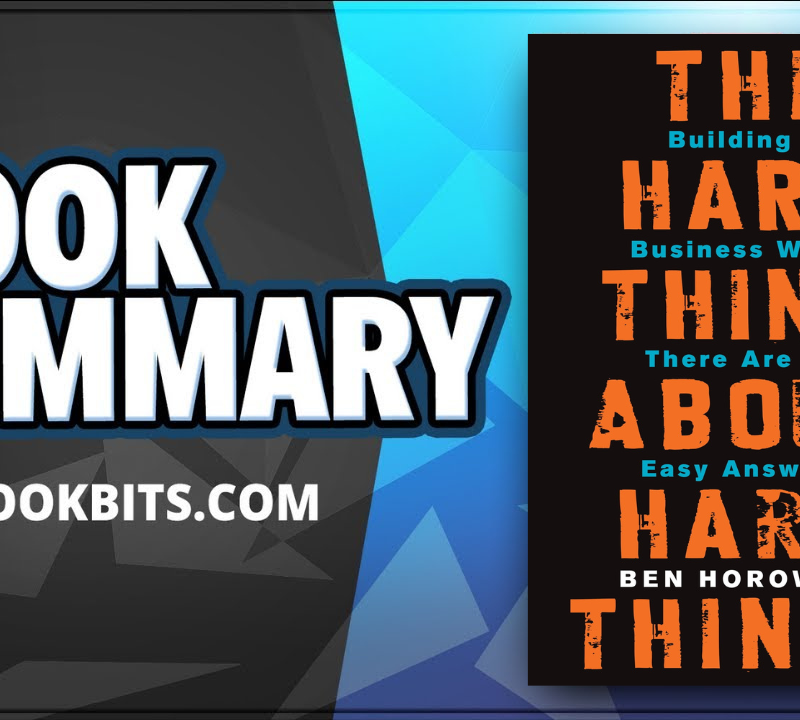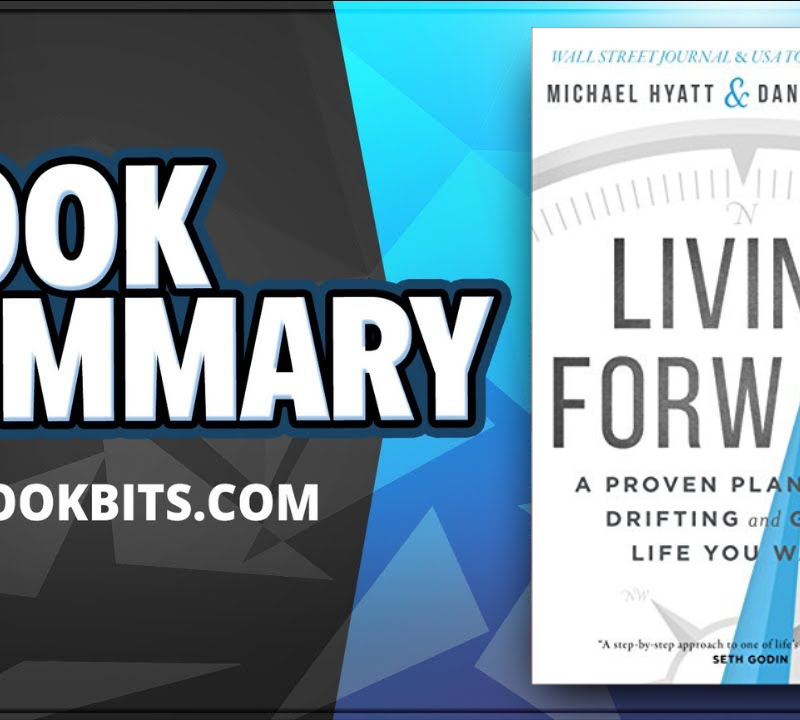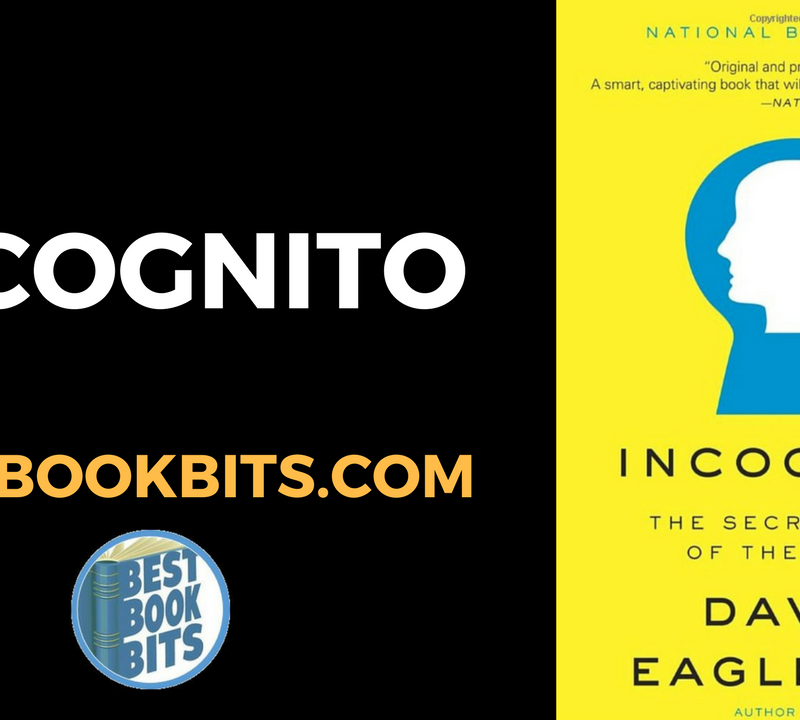♣ CLICK THIS TO STOP TRYING TO ACHIEVE YOUR GOALS BY YOURSELF AND BE COACHED TODAY HERE
♥ CLICK THIS TO DOWNLOAD THIS FREE PDF SUMMARY HERE
♦ CLICK THESE FOR THE FOLLOWING Book | Summaries | Course
YouTube |Spotify | Instagram | Facebook | Newsletter | Website
Better Than Before by Gretchen Rubin
The Book in Three Sentences
- A behaviour becomes a habit when it no longer requires a decision from you.
- To change a habit effectively, you need to understand your ’tendency’.
- Scheduling is one of the most effective ways to building better habits.
The Five Big Ideas
- “Habits are the invisible architecture of daily life”.
- “It takes self-control to establish good habits”.
- “A habit requires no decision from me, because I’ve already decided”.
- “When we change our habits, we change our lives”.
- “If we’re trying to persuade people to adopt a habit, we have more success if we consider their Tendency”.
Better Than Before Summary
- “Habits are the invisible architecture of daily life”.
- “The most important thing is to know ourselves, and to choose the strategies that work for us”.
- “[We] often learn more from one person’s idiosyncratic experiences than [we] do from scientific studies or philosophical treatises”.
- “To understand how people are able to change, [we] must understand habits”.
- “I’ve learned to put great store in my own observations of everyday life, because while laboratory experiments are one way to study human nature, they aren’t the only way”.
- “Habits eliminate the need for self-control”.
- “Yet one study suggests that when we try to use self-control to resist temptation, we succeed only about half the time, and indeed, in a large international survey, when people were asked to identify their failings, a top choice was lack of self-control”.
- “With habits, we conserve our self-control”.
- “It takes self-control to establish good habits”.
- “In ordinary terms, a “habit” is generally defined as a behavior that’s recurrent, is cued by a specific context, often happens without much awareness or conscious intent, and is acquired through frequent repetition”.
- “I concluded that the real key to habits is decision making—or, more accurately, the lack of decision making”.
- “A habit requires no decision from me, because I’ve already decided”.
- “This freedom from decision making is crucial, because when I have to decide—which often involves resisting temptation or postponing gratification—I tax my self-control”.
- “Habits make change possible by freeing us from decision making and from using self-control”.
- “Research suggests that people feel more in control and less anxious when engaged in habit behavior”.
- “Surprisingly, stress doesn’t necessarily make us likely to indulge in bad habits; when we’re anxious or tired, we fall back on our habits, whether bad or good”.
- “For this reason, it’s all the more important to try to shape habits mindfully, so that when we fall back on them at times of stress, we’re following activities that make our situation better, not worse”.
- “Habit makes it dangerously easy to become numb to our own existence”.
- “Generally, I’ve observed, we seek changes that fall into the ‘Essential Seven’”.
The Essential Seven:
- Eat and drink more healthfully (give up sugar, eat more vegetables, drink less alcohol)
- Exercise regularly
- Save, spend, and earn wisely (save regularly, pay down debt, donate to worthy causes, stick to a budget)
- Rest, relax, and enjoy (stop watching TV in bed, turn off a cell phone, spend time in nature, cultivate silence, get enough sleep, spend less time in the car)
- Accomplish more, stop procrastinating (practice an instrument, work without interruption, learn a language, maintain a blog)
- Simplify, clear, clean, and organize (make the bed, file regularly, put keys away in the same place, recycle)
- Engage more deeply in relationships—with other people, with God, with the world (call friends, volunteer, have more sex, spend more time with family, attend religious services)
- “A ‘routine’ is a string of habits, and a ‘ritual’ is a habit charged with transcendent meaning”.
- “Habit is a good servant but a bad master”.
- “Ask yourself, ‘To what end do I pursue this habit?’”
- “When we change our habits, we change our lives”.
- “We can use decision making to choose the habits we want to form, we can use willpower to get the habit started; then—and this is the best part—we can allow the extraordinary power of habit to take over”.
- “The first and most important habits question is: ‘How does a person respond to an expectation?’”
- “When we try to form a new habit, we set an expectation for ourselves. Therefore, it’s crucial to understand how we respond to expectations”.
- “We face two kinds of expectations: outer expectations (meet work deadlines, observe traffic regulations) and inner expectations (stop napping, keep a New Year’s resolution)”.
♣ CLICK THIS TO STOP TRYING TO ACHIEVE YOUR GOALS BY YOURSELF AND BE COACHED TODAY HERE
♥ CLICK THIS TO DOWNLOAD THIS FREE PDF SUMMARY HERE
♦ CLICK THESE FOR THE FOLLOWING Book | Summaries | Course
YouTube |Spotify | Instagram | Facebook | Newsletter | Website
The Four Tendencies:
- Respond readily to both outer expectations and inner expectations.
- Question all expectations, and will meet an expectation only if they believe it’s justified.
- Respond readily to outer expectations but struggle to meet inner expectations (my friend on the track team).
- Resist all expectations, outer and inner alike.
- “Our Tendency colors the way we see the world and therefore has enormous consequences for our habits”.
- “Upholders respond readily to outer expectations and inner expectations”.
- “Because Upholders feel a real obligation to meet their expectations for themselves, they have a strong instinct for self-preservation, and this helps protect them from their tendency to meet others’ expectations”.
- “Questioners question all expectations, and they respond to an expectation only if they conclude that it makes sense”.
- “Because Questioners like to make well-considered decisions and come to their own conclusions, they’re very intellectually engaged, and they’re often willing to do exhaustive research”.
- “Obligers meet outer expectations, but struggle to meet inner expectations”.
- “Obligers may find it difficult to form a habit, because often we undertake habits for our own benefit, and Obligers do things more easily for others than for themselves”.
- “Rebels resist all expectations, outer and inner alike”.
- “Rebels sometimes frustrate even themselves, because they can’t tell themselves what to do”.
- “Knowing our Tendency can help us frame habits in a compelling way”.
- “If we’re trying to persuade people to adopt a habit, we have more success if we consider their Tendency”.
- “Self-measurement brings self-awareness, and self-awareness strengthens our self-control”.
- “A key step for the Strategy of Monitoring is to identify precisely what action is monitored”.
- “Unsurprisingly, we tend to underestimate how much we eat and overestimate how much we exercise”.
- “Surprisingly often, when people want to improve their habits, they begin with a habit that won’t deliver much payoff in return for the habit-formation energy required”.
- “It’s helpful to begin with habits that most directly strengthen self-control; these habits serve as the Foundation for forming other good habits”.
- “Habits grow strongest and fastest when they’re repeated in predictable ways, and for most of us, putting an activity on the schedule tends to lock us into doing it”.
- “Scheduling also forces us to confront the natural limits of the day”.
- “Scheduling one activity makes that time unavailable for anything else. Which is good—especially for people who have trouble saying no”.
- “To apply the Strategy of Scheduling, we must decide when, and how often, a habit should occur”.
- “Consistency, repetition, no decision—this was the way to develop the ease of a true habit”.
- “Scheduling can also be used to restrict the time spent on an activity”.
- “Although scheduling time to worry sounds odd, it’s a proven strategy for reducing anxiety”.
- “The Strategy of Scheduling is a powerful weapon against procrastination”.
- “Scheduling is an invaluable tool for habit formation: it helps to eliminate decision making; it helps us make the most of our limited self-command; it helps us fight procrastination”.
- “Most important, perhaps, the Strategy of Scheduling helps us make time for the things that are most important to us”.
- “Accountability means that we face consequences for what we’re doing—even if that consequence is merely the fact that someone else is monitoring us”.
- “To a truly remarkable extent, we’re more likely to do something if it’s convenient, and less likely if it’s not”.
- “It’s not easy, as an adult, to make a new friend. It can feel very awkward to say, “Would you like to get a cup of coffee sometime?” The convenience of group membership makes it easier to become friends”.
- “Two kinds of clarity support habit formation: clarity of values and clarity of action”.
- “It’s easier to stick to a habit when we see, with clarity, the connection between the habit and the value it serves”.
- “The fact is, changing a habit is much more challenging if that new habit means altering or losing an aspect of ourselves”.
- “Research shows that we tend to believe what we hear ourselves say, and the way we describe ourselves influences our view of our identity, and from there, our habits”.
♣ CLICK THIS TO STOP TRYING TO ACHIEVE YOUR GOALS BY YOURSELF AND BE COACHED TODAY HERE
♥ CLICK THIS TO DOWNLOAD THIS FREE PDF SUMMARY HERE
♦ CLICK THESE FOR THE FOLLOWING Book | Summaries | Course
YouTube |Spotify | Instagram | Facebook | Newsletter | Website













